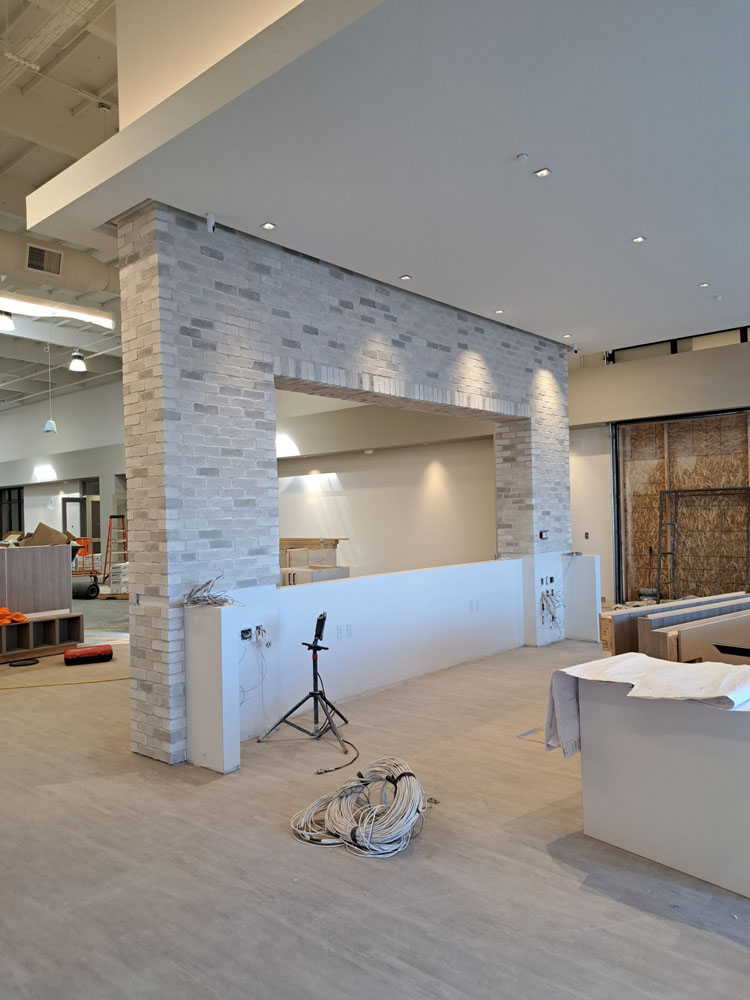Introduction: The Great Debate in Chimney Construction
When it comes to chimneys, the construction material you choose can make a world of difference. Whether you're looking at a cozy cottage or a modern home, the age-old debate of masonry versus other materials is alive and kicking. So, what's the big deal? Why should you care about masonry chimney repair or the various materials available for your chimney? Well, grab a cup of your favorite brew, sit back, and let’s dive into this heated topic!
Masonry vs Other Materials: Pros and Cons for Your Chimneys
Understanding Masonry: What Is It?
Masonry refers to building structures from individual units—like bricks, stones, or concrete blocks—that are bound together with mortar. Sounds simple enough, right? But there’s more than meets the eye regarding durability and aesthetics.
The Strength of Masonry
Masonry is renowned for its strength. The sturdy nature of brick and stone means that masonry chimneys can withstand extreme weather conditions. Plus, they have excellent thermal properties that keep your home Get more information warm.
Aesthetic Appeal
Want your home to look like it belongs on a postcard? Masonry offers timeless beauty that can elevate any structure's curb appeal. It allows for unique designs that can match various architectural styles.
The Downside of Masonry
But hold your horses! It’s not all sunshine and rainbows in the world of masonry. Here are some drawbacks:
- Costly Repairs: While masonry might be durable, when it comes to repairs—especially masonry chimney repair—it can hit you right in the wallet. Weighty Matters: Masonry chimneys are heavy! This means they require solid foundations, which could complicate installation.
Other Materials: The Alternatives
Not ready to go full-blown masonry? Let's explore other materials used in chimney construction.
Metal Chimneys: Lightweight Wonders
When thinking about alternatives, metal chimneys often come to mind. They’re lightweight and easy to install but may lack the aesthetic charm of masonry.

Pros of Metal Chimneys
- Quick installation Less expensive upfront costs
Cons of Metal Chimneys
- Prone to rusting Higher maintenance needs
Concrete Block vs. Brick: The Showdown
Now let’s take a moment to compare two popular choices within the masonry family—concrete blocks and bricks.
Concrete Blocks: The Economical Choice
Concrete blocks are generally cheaper than bricks but offer less aesthetic appeal.
Pros
- Cost-effective Good insulation properties
Cons
- Not as visually pleasing as brick Can be less durable over time
Bricks: A Timeless Classic
Bricks provide an elegant solution but come at a higher price point.
Pros
- Durable Highly customizable in design
Cons
- More expensive than concrete blocks Requires skilled labor for installation
Thermal Efficiency: Which Material Holds Up?
When it comes to keeping your home cozy during those winter months—or cool in summer—thermal efficiency becomes paramount.
Masonry’s Thermal Properties
Thanks to their density, masonry materials store heat effectively. They absorb warmth from fires and then radiate it into your living space long after the flames have died down.
Metal’s Heat Conductivity Issue
On the flip side, metal doesn’t retain heat as well as masonry does. This could lead to fluctuating temperatures within your home—a definite no-go for comfort lovers!
Fire Resistance: A Critical Factor for Safety
Safety first! Let’s see how different materials stack up against fire hazards.
Masonry’s Fireproof Nature
One major advantage of masonry is its fire resistance. Bricks can withstand high temperatures without compromising structural integrity—ideal for a functioning chimney!
Metal's Vulnerability to Heat
Conversely, metal chimneys can be susceptible to heat damage if not maintained properly or installed correctly.
Longevity: How Long Will Your Chimney Last?
Who wants to deal with replacing a chimney every few years? Let’s look at longevity across different materials.
The Lifespan of Masonry Chimneys
With proper care—including regular inspections and timely masonry chimney repair—masonry chimneys can last upwards of 50 years or more.
Metal Chimney Longevity Challenges
In contrast, metal chimneys may only last around 20 years before showing signs of wear and tear due to rusting or corrosion.
FAQs About Masonry vs Other Materials
Is masonry really worth the investment?
Absolutely! While initial costs may be higher, their durability often makes them more cost-effective long-term.
How often do I need mason chimney repair?
Regular inspections once every year are ideal; however, if you notice cracks or water damage sooner than that—get it checked out!
Can I install a metal chimney myself?
Yes—but we recommend hiring professionals since improper installations can lead to hazards!
Are there eco-friendly options among these materials?
Yes! Some manufacturers offer sustainable bricks made from recycled materials or eco-conscious concrete mixes.
What about maintenance costs over time?
Masonry may have higher repair costs initially but requires less frequent upkeep compared to metal options.
li20/ol1/##
Conclusion: Making Your Decision
So there you have it—a deep dive into the pros and cons of using masonry versus other materials for your chimney! Choosing between them boils down not just to cost but also safety concerns, aesthetics preferences, climate considerations—and yep—you guessed it—the potential need for good ol’ masonry chimney repair down the line!
In short, if you want durability coupled with elegance (and don’t mind spending a bit more upfront), go with masonry! If you're after something quick and budget-friendly without too much fuss—metal might just fit the bill!
Whichever route you choose, remember that investing time now will save headaches later on down that smoky road ahead!